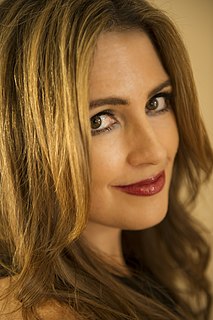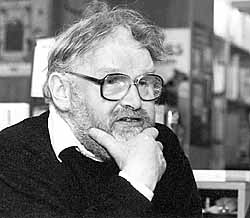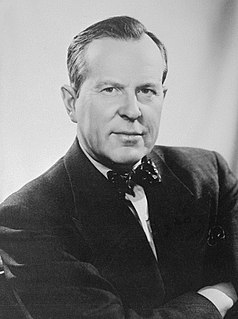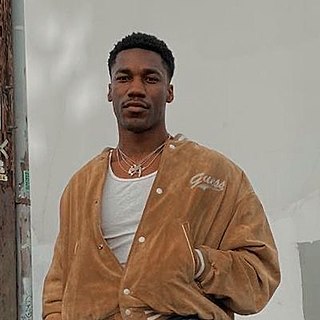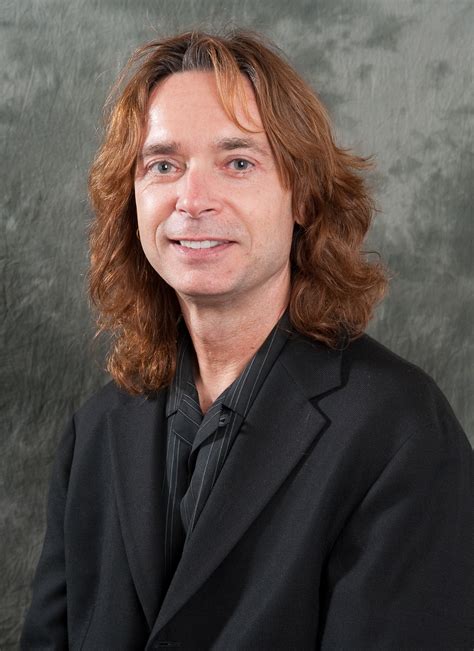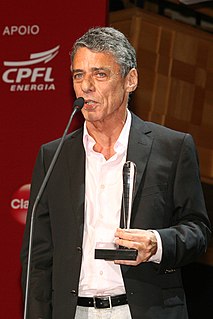A Quote by Jennifer Niven
Since I stopped writing, I read more than ever. Other people's words, not my own - my words are gone.
Related Quotes
The dictionary is like a time capsule of all of human thinking ever since words began to be written down. And exploring where words have come from can increase your understanding of the words themselves and expand your understanding of how to use the words, and all of this change happens in your thinking when you read the words.
Ever since high school I've been writing in a spiral notebook, in pencil. Everything looks too polished on a computer when you start writing, and I can't really see it. I feel like the words are much more naked in pencil, on a notebook. I feel that my brain works differently, and words come out differently, if I have a pencil in my hand, rather than if I have a keyboard. I tend to add more in the margins. I tend to elongate the sentences as I'm writing and editing, and there is just something about the feeling of writing longhand that I really love.
Get people talking. Learn to ask questions that will elicit answers about what is most interesting or vivid in their lives. Nothing so animates writing as someone telling what he thinks or what he does - in his own words. His own words will always be better than your words, even if you are the most elegant stylist in the land.
Have you ever stopped to consider the power of words? Through mere words, wars have started and ended. Tender feelings have been hurt and soothed. Courage has been instilled and fear has been implanted. Lives have been destroyed and others changed for the better. Think back on your own life when words have hurt you deeply or have comforted and given you strength and hope to do better.
Other people’s words are so important. And then without warning they stop being important, along with all those words of yours that their words prompted you to write. Much of the excitement of a new novel lies in the repudiation of the one written before. Other people’s words are the bridge you use to cross from where you were to wherever you’re going.
